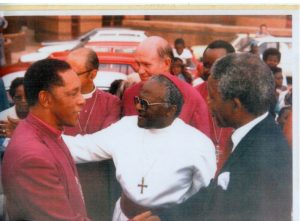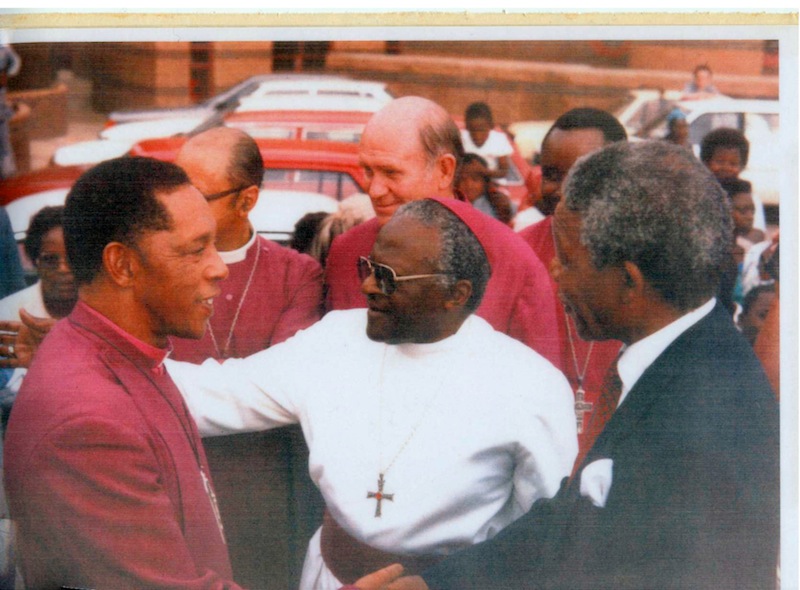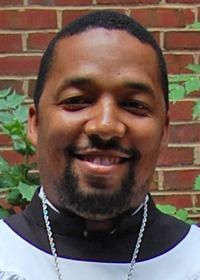Sawubona, Yebho. This is a salutation you would hear if you were to travel to Johannesburg and Cape Town, the cities where my family live and where I was born and raised. The Zulu greeting, “Sawubona” means “I see you” and the response “Ngikhona” means “I am here.” As always, when translating from one language to another, crucial subtleties are lost. Inherent in the Zulu greeting and our grateful response is the sense that until you saw me, I didn’t exist. By recognizing me, you brought me into existence. Sawubona (“We see you”) is an invitation to a deep witnessing and presence. At its deepest level this “seeing” is essential to human freedom, and at the heart of freedom for South Africans was Madiba.
I remember The Trojan Horse Massacre on Thornton Road, Athlone in October 1985. All of us were at school and needed to run home because the army and police were out to get students who were protesting the government by burning tires in the streets. I remember the “whites only” signs on the beaches as we drove past in my grandfather’s brown Valiant station wagon and searched for the handful of “blacks only” beaches. I remember police coming into the rectory at St. John’s Church on Belgravia Road, Athlone looking for my uncles and any students who were hiding from the security forces. The church took the lead in turning out the lights on Wednesday nights and we would stand in the streets with lit candles singing, crying and remembering all who had died. These are some of the wounds that Madiba and the Truth and Reconciliation Commission helped heal.
On February 11, 1990 I stood watching Madiba speak in Cape Town in the City Center Square, calling fellow South Africans to work for peace, democracy and freedom for all. Madiba stood in front of us not as a prophet, but as a humble servant to all South Africans. Tata Madiba reminded us to believe beyond a shadow of a doubt that we can be the change. He showed us how to forgive and how to talk to those whom we call our enemies. Madiba reminded us that everyone, no matter how small or insignificant they might seem, has a part to play in the work for peace.

In 1993, Madiba met with the Synod of Bishops in Johannesburg to share how he needed the help of the church to fulfill his vision. (l-r): My grandfather, the Right Reverend Edward Mackenzie, Archbishop Emeritus Desmond Tutu, His Excellency Nelson R Mandela
I remember sitting with my family in May 1994 listening as Madiba, our then President, and Deputy President F.W. DeKlerk challenged all South Africans to focus our daily deeds on our goal for justice. We all carry the pain of the history of Apartheid and we need to work together to rebuild our country. The time for the healing of wounds has come. The time to build is upon us. Never, Never and never again shall it be that our beautiful land will experience the oppression of one by another.
To have been there growing up during Apartheid and to have journeyed with the stories of my elders and now to share that legacy with my children and be a seed of hope in our Episcopal Church is a blessing and a gift for me. To remember Madiba and the South African story is to remember that we are a people of song. A people who sang songs of freedom, of justice and of love. Ndiyakukhumbula Madiba. Enkosi Kakhulu uTata Madiba. (I will miss you Madiba. Thank you father Madiba.–Xhosa language).
–The Rev. Lester V. Mackenzie is a clergy deputy from the Diocese of Los Angeles. A native of South Africa and third-generation priest, he is associate for emerging ministries at the Parish of St. Matthew in Pacific Palisades, California.



